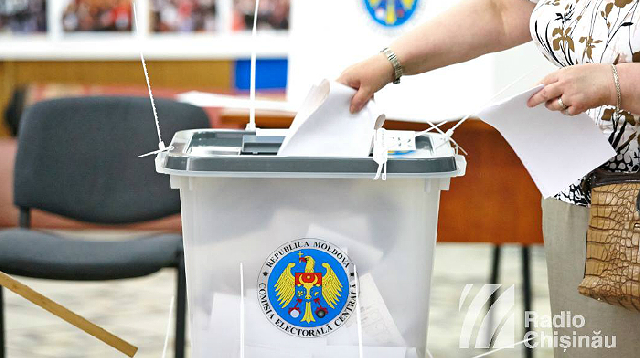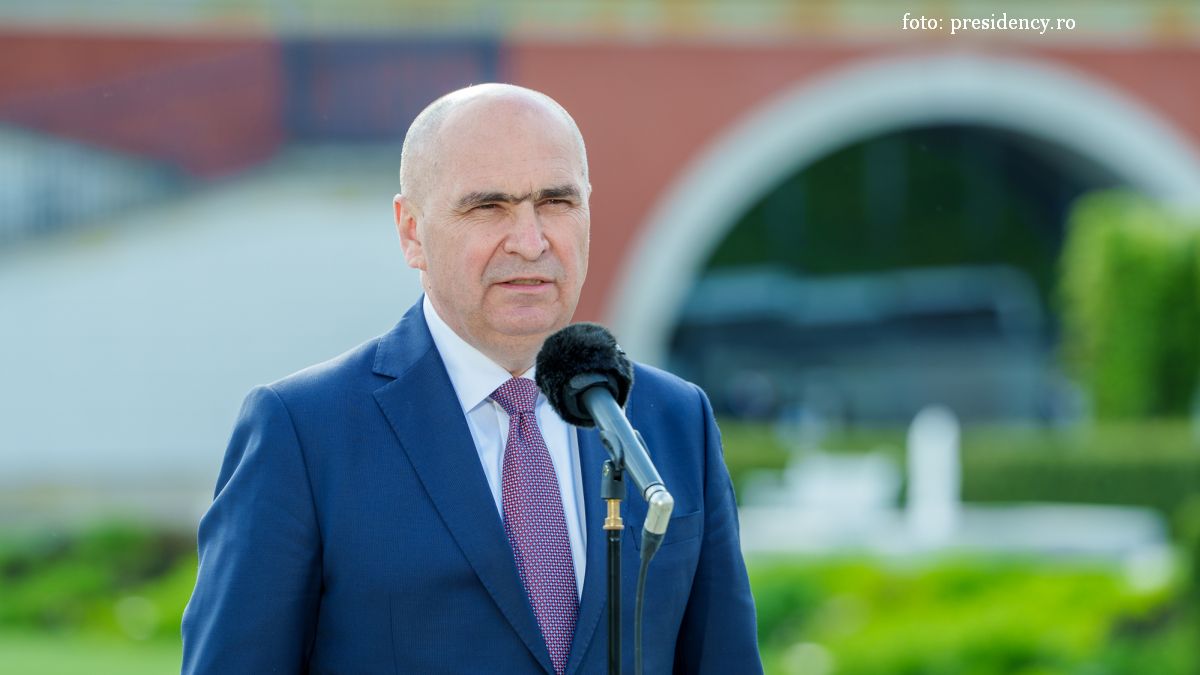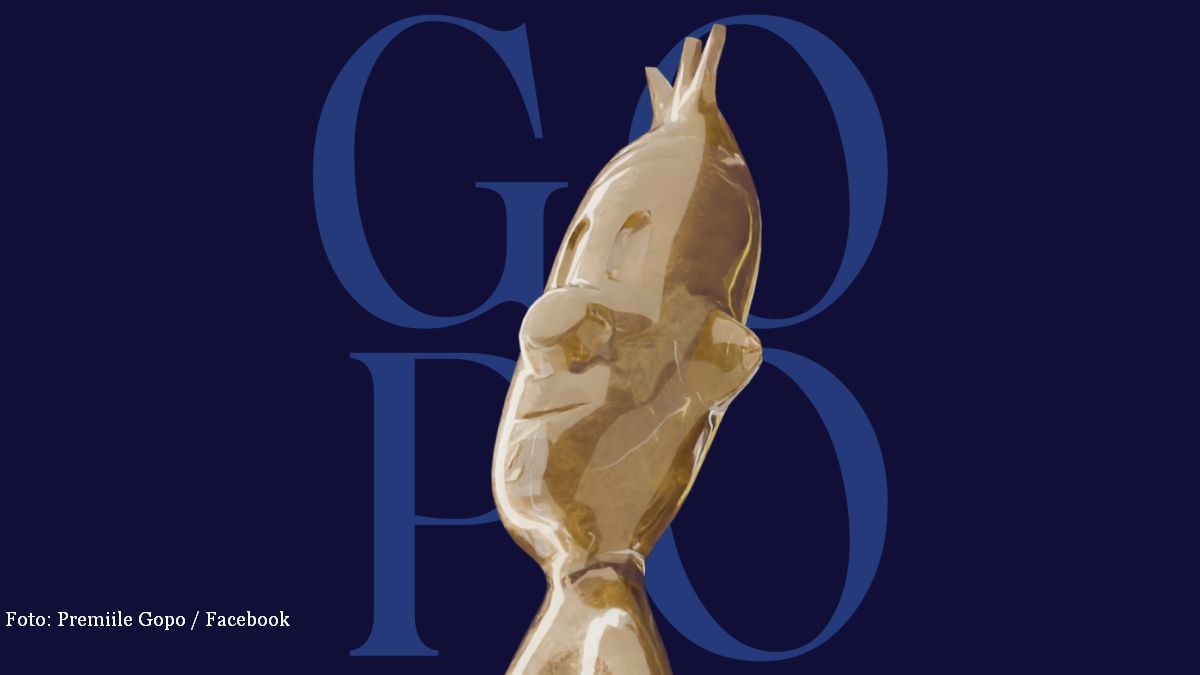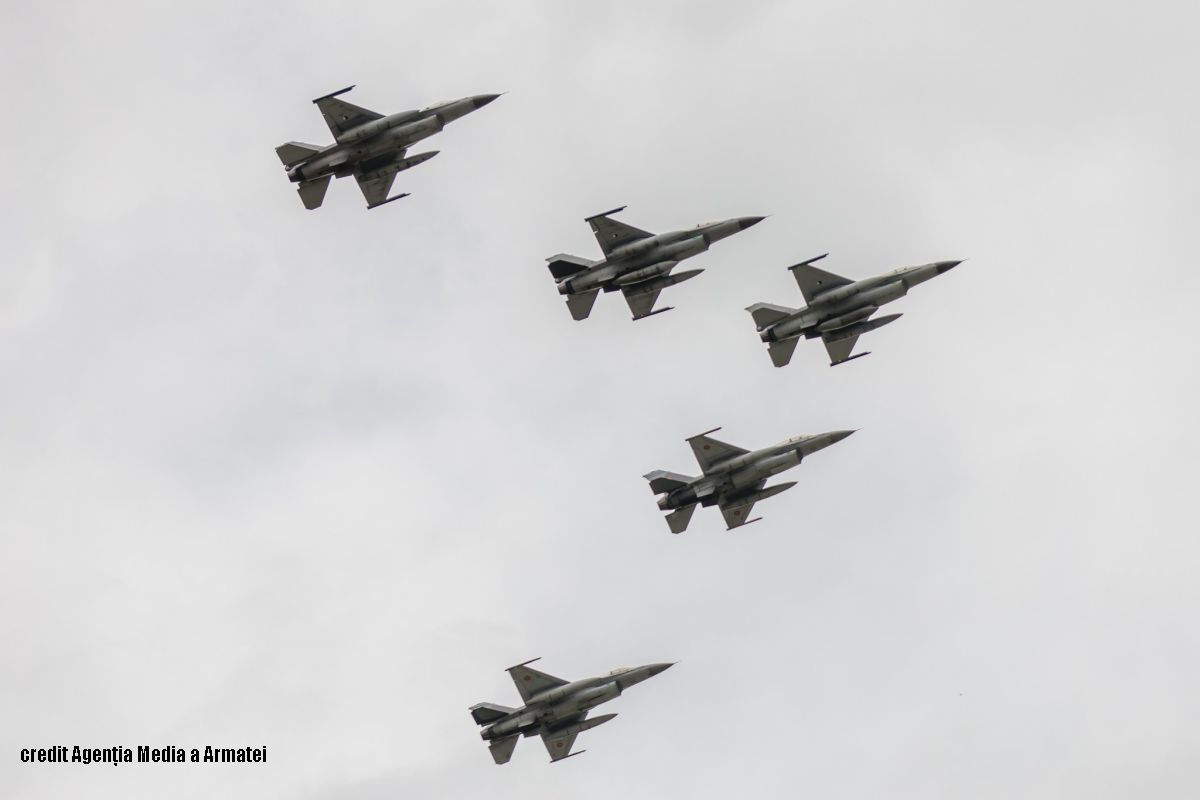The Republic of Moldova, ahead of the parliamentary elections
Unprecedentedly high political tensions are reported in the neighbouring Republic of Moldova ahead of Sunday's parliamentary elections

Bogdan Matei, 22.02.2019, 13:18
Some four years fast forward since the
last legislative elections in late 2014, the Parliament in Chishinau will have
a new membership. Sunday’s elections will be held for the first time based on
the mixed voting system, in which 50 MPs will be elected on party lists and 51
others will be elected in single-member constituencies, in only one ballot. A
referendum on downsizing the number of MPs from 101 to 61 and on introducing
the possibility of their replacement by citizens will be held concurrently with
the elections. The authorities have opened a record high number of polling
stations abroad, but civil society claims they will be insufficient for the approximately
800,000 citizens with the right to vote living abroad.
They account for a
quarter of the total number of voters and will be represented in Parliament by
only three MPs. As has always happened in the republic, the ballot will be not
only a political, but also a geopolitical choice. Opinion polls show the
pro-Russian Socialists of president Igor Dodon are favourites, with some 40% of
the voting intentions, followed by the ACUM bloc, an electoral alliance of the pro-European
right wing, with some 25%, and the west-leaning, left of centre Democratic
Party, the senior party in the ruling coalition, with 15%. Converging reports
by Radio Romania’s correspondents in Chishinau show there have never been such
heated debates in the electoral campaign in Chishinau as there are now.
The
ACUM leaders, Maia Sandu and Andrei Năstase, in the right wing, have said they
suspect to have been poisoned with heavy metals. They claim they felt ill and had
blood tests which showed the presence of a high amount of heavy metals in their
blood, which could not have happened naturally. Năstase has accused the representatives
of the power of being behind the alleged poisoning attempt. In the left wing,
president Dodon has called on his supporters to make ready for protests and they
accused the Democratic Party power of allegedly preparing extreme measures
against him and the Socialists. After a meeting with Dodon, the US ambassador
to Moldova, Dereck Hogan, warned the US citizens against the risk of a mass disturbance
in Moldova, in the wake of the elections. On behalf of neighbouring Romania,
the Romanian ambassador to Chişinău, Daniel Ioniţă, has repeatedly said that
the Republic of Moldova has been, is and will be a major priority of
Bucharest’s foreign policy. This priority is increasingly difficult to manage,
the Romanian political decision makers admit more or less overtly, a fact
openly stated by pundits however. They recall that five years ago, Chishinau
was the best-performing state in the Eastern Partnership, signing free trade
and association agreements with Brussels, whereas today the situation in the
republic is farther away from European norms and exigencies than ever before.






























